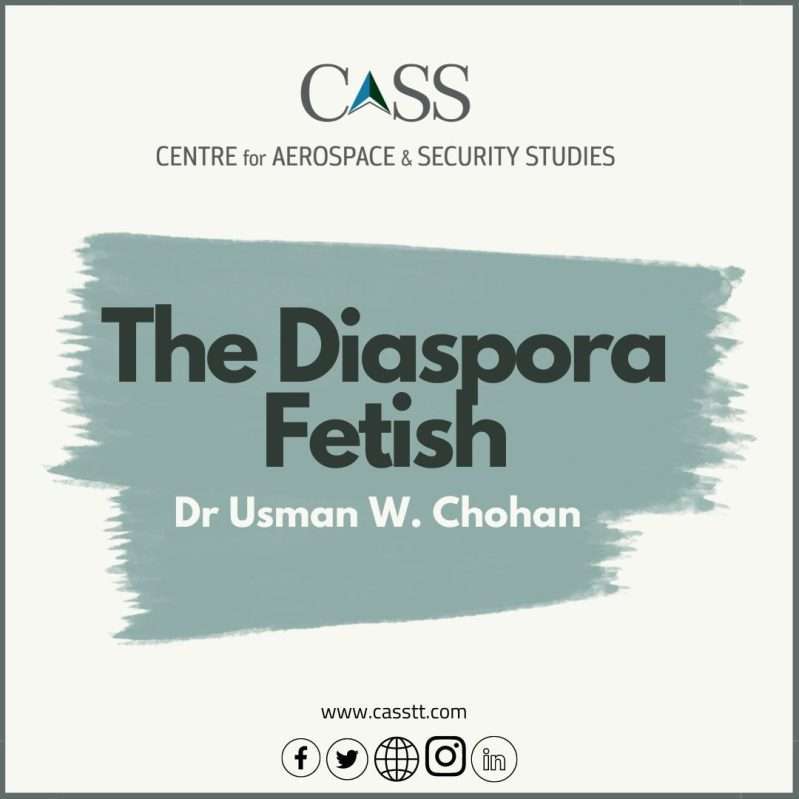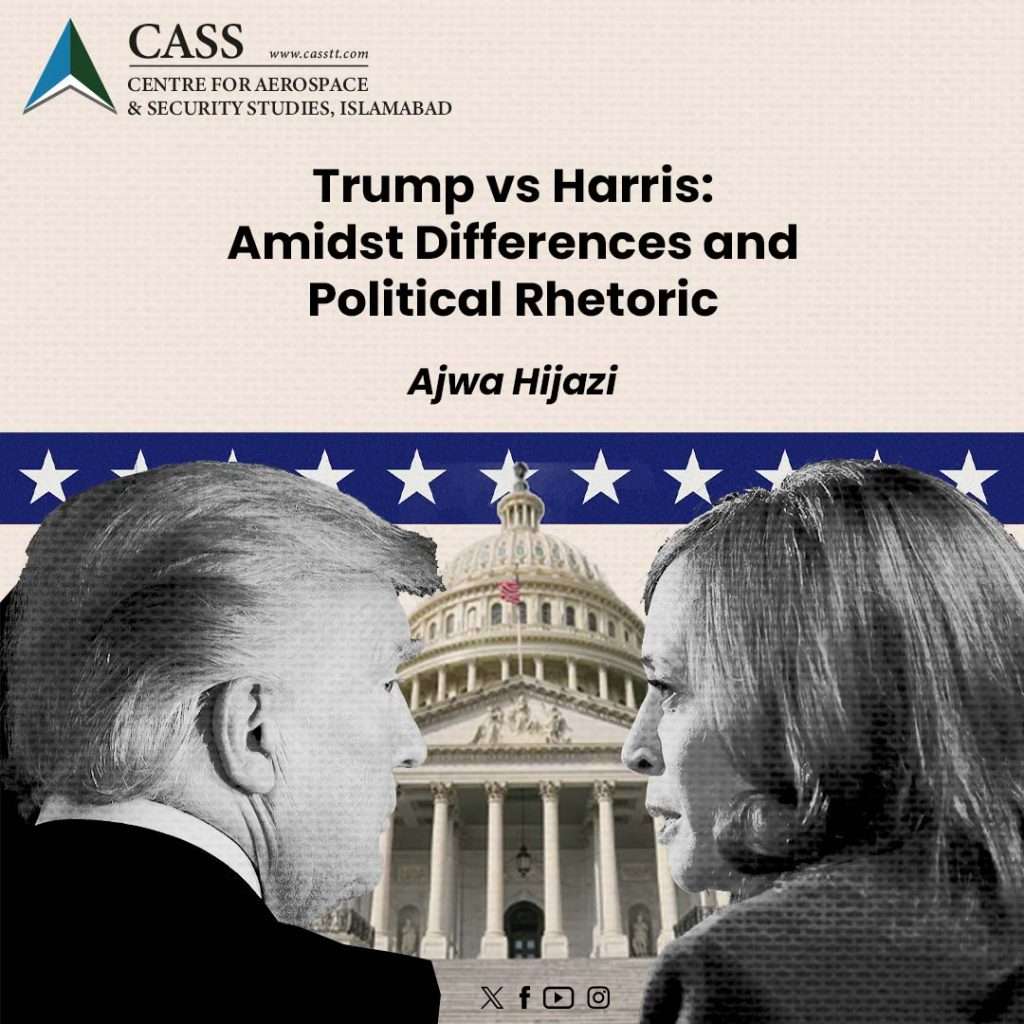It has been a longstanding observation that the Pakistani diaspora is a vital national asset and a core ingredient of the country’s potential for prosperity. After all, they wield deep pools of “capital” in the widest sense: experience, know-how, financial assets, exposure, education, skill-sets, and networks. Leveraging their diverse forms of capital would, it is argued, propel Pakistan’s growth trajectory much further than localized attempts alone might.
It is with this reasoning that the government has sought to reach out to the diaspora through the Naya Pakistan Certificates (NPCs). These certificates are issued by the government exclusively for overseas Pakistanis, and represent high yield fixed income instruments at extremely lucrative rates. Not only can overseas Pakistanis earn extraordinary returns; they can also serve the higher purpose of participating in Pakistan’s economic development.
Evidently, this capital-raising strategy reflects PM Imran Khan’s contention that the diaspora must act as an active participant in the construction of a new Pakistan. It also seeks to repair the damage of earlier botched attempts to engage with the diaspora, such as former Chief Justice Saqib Nisar’s crowdfunding fiasco of the Dam Fund, which missed its revenue target by nearly 99%.
Although Naya Pakistan Certificates offer an extremely attractive proposal, one severe problem may be that they are in fact too attractive. The schedule of yields in the NPC is such that a 3-month tenor offers 5.5% annualized interest rate for USD certificates (and 9.5% for PKR certificates), which rises incrementally to 7% annualized rates for 5-year USD certificates (11% for PKR certificates).
For context, the Fed Funds Rate, which is the base interest rate of the US Federal Reserve, is a paltry 0.25%. One year ago, the Fed Funds Rate was 2.00%, thereafter falling due to the deliberate Fed strategy of keeping monetary policy loose during pandemic conditions. The 5-year US Treasury yield is also at a miniscule 0.33% (1.34% a year ago). In other words, Pakistani-Americans could earn a whopping +6.7% spread between putting their US Dollars in an NPC instead of Treasuries at the 5-year tenor.
Given the flood of cheap money in the US and the enormous political-economic uncertainties that loom in America, the offer of Naya Pakistan is an absolute steal. But this is where another problem might lie. To offer such high returns on capital must belie assumptions about the growth of our economy and the appropriate use of this capital in a judicious and timely manner.
With the world still engulfed in a pandemic, and forecasts for FY2021 GDP growth of only 2% in Pakistan, it isn’t clear that offering such high returns to diaspora-investors on such short tenors is a worthwhile undertaking, not least because the government will have to repay those investors with either domestic taxpayer’s contributions or still further borrowing.
That is where the discriminatory element lies. While the participation of the diaspora in building a prosperous Pakistan seems unquestionable, the degree to which their capital is being solicited does come at the expense and exclusion of Pakistanis residing in the homeland. For example, those Pakistanis who have chosen to return to the country since 2018 to actually live, work, pay taxes, and build the Naya Pakistan are not allowed to benefit from the NPC scheme. Those who actively participate in the nation’s economic life are thus excluded from exceedingly rich returns to dwellers abroad, even though the repayments will ultimately be funded by those who still live here.
It is for that reason that caution should be exercised in avoiding exorbitant solicitations of the diaspora’s financial capital, lest we fall prey to a fetishization of their importance. The yields on the NPC instruments in a low-interest global environment appear quite egregious, not to mention exclusionary. Where the US will offer 0.3% on a 5-year treasury, Pakistan will throw 7.0%. Perhaps greater reflection is required on the recompense that the country gives to its sons abroad. So long as we can use their invested capital judiciously and productively, the returns on their investments should be reasonable on a risk-adjusted basis.
We must value our diaspora but resist the temptation to fetishize it. After all, do we look upon them as our sons, or merely as our saviors?
-The writer is the Director for Economics and National Affairs at the Centre for Aerospace and Security Studies (CASS). This article was first published in Regional Times newspaper. He can be reached at cass.thinkers@gmail.com.





